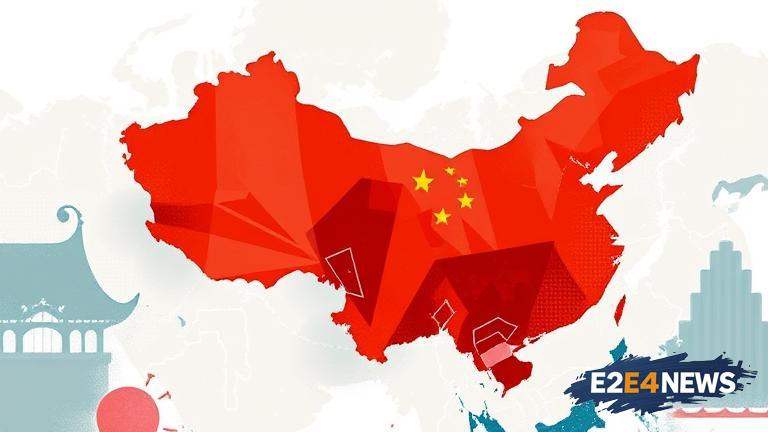China’s economic landscape has been a subject of intense interest and scrutiny in recent years, with the country navigating a complex array of global challenges while implementing a series of strategic reforms aimed at sustaining long-term growth. Despite facing headwinds from the COVID-19 pandemic, trade tensions, and a slowing global economy, China has managed to maintain a level of economic resilience that has drawn admiration from around the world. At the heart of this resilience are the country’s concerted efforts to drive innovation, with significant investments in cutting-edge technologies such as artificial intelligence, renewable energy, and biotechnology. These initiatives are not only expected to fuel future growth but also to play a critical role in China’s transition towards a more sustainable and environmentally conscious economic model. Furthermore, China has been actively promoting domestic consumption as a key driver of economic expansion, recognizing the vast potential of its internal market. Policies aimed at increasing household incomes, improving social welfare, and enhancing consumer spending power have been instrumental in this regard. The government has also been keen on fostering a more favorable business environment, with reforms aimed at reducing bureaucratic hurdles, enhancing intellectual property protection, and encouraging foreign investment. These measures have contributed to an uptick in entrepreneurial activity and foreign direct investment, further bolstering the economy. In addition, China’s strategic engagement with the global economy, particularly through the Belt and Road Initiative (BRI), has opened up new avenues for trade, investment, and cooperation. The BRI, with its focus on infrastructure development, economic corridors, and regional connectivity, is poised to not only enhance China’s economic influence but also to contribute to global economic stability and prosperity. However, challenges persist, including the need to address income inequality, manage debt levels, and ensure environmental sustainability. The Chinese government has acknowledged these challenges and is working diligently to implement policies that balance economic growth with social and environmental considerations. For instance, efforts to reduce carbon emissions and invest in green technologies are underway, reflecting China’s commitment to global climate change mitigation efforts. Moreover, initiatives to enhance financial inclusion, improve access to education and healthcare, and protect labor rights are critical components of China’s strategy to achieve more equitable and sustainable development. The international community has taken notice of China’s economic progress and its implications for global governance and economic order. As the world’s second-largest economy, China’s decisions and actions have significant spillover effects, influencing trade patterns, investment flows, and economic policies worldwide. In response, there is a growing recognition of the need for enhanced international cooperation and dialogue, with China playing a more active role in shaping global economic agendas. This includes participation in multilateral institutions such as the G20, the IMF, and the World Trade Organization, where China can contribute to the development of more inclusive and equitable global economic rules. Despite these positive trends, uncertainties and risks remain, including the impact of geopolitical tensions, technological disruptions, and potential economic downturns. China’s ability to navigate these challenges while continuing to implement its strategic reforms will be crucial not only for its own economic future but also for the stability and prosperity of the global economy. In conclusion, China’s economic resilience in the face of global challenges is a testament to the country’s strategic vision, policy agility, and commitment to reform and innovation. As the global economic landscape continues to evolve, China’s role and influence are likely to grow, presenting both opportunities and challenges for the international community. Through continued engagement, cooperation, and mutual understanding, it is possible to harness the benefits of China’s economic rise while addressing the complexities and uncertainties of an increasingly interconnected world.





